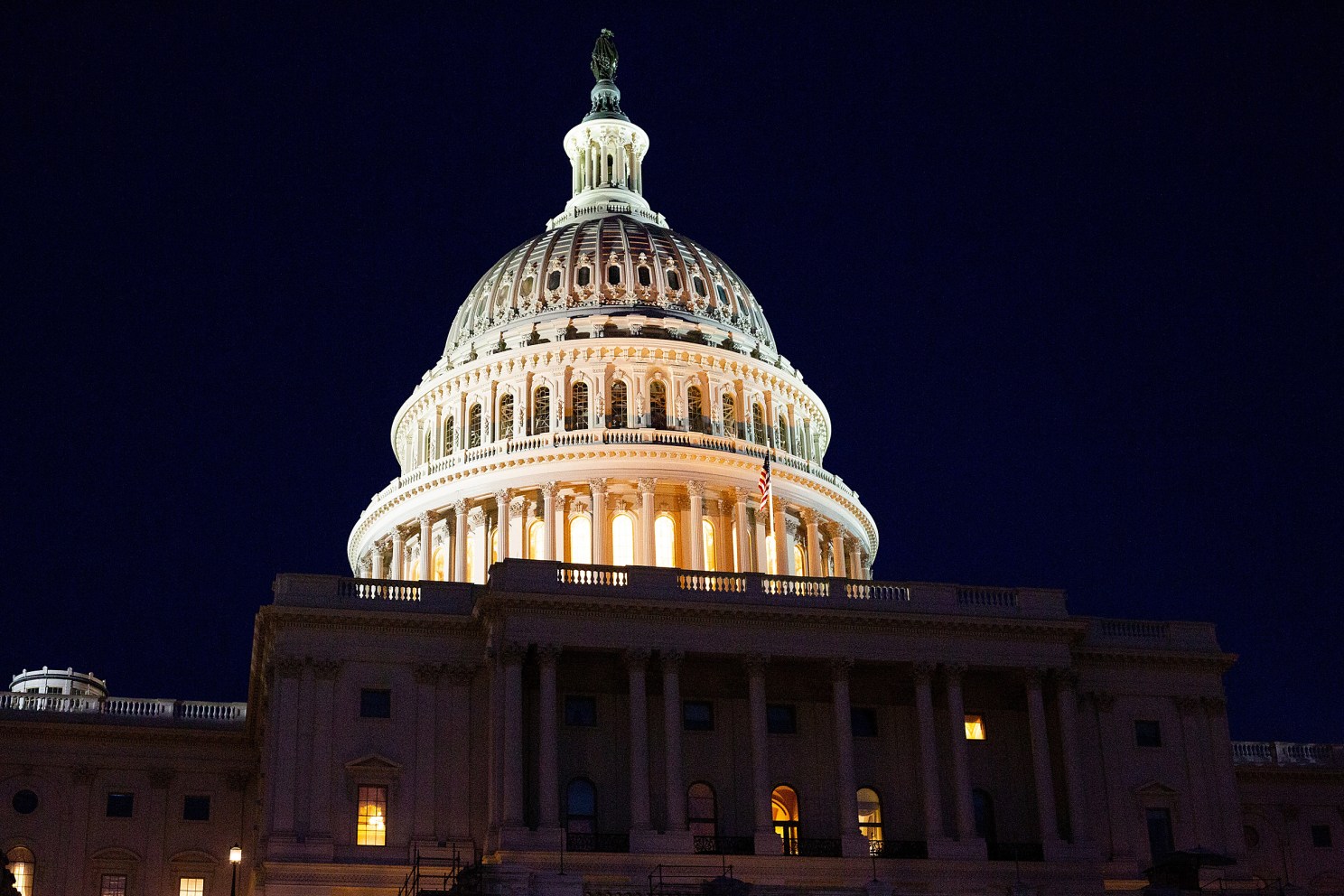In a new policy analysis published by the Harvard Project on American Indian Economic Development (Harvard Project), researchers found that funding provided to tribal governments as part of the American Rescue Plan Act of 2021 was “grossly inequitable and contrary to the policy objectives of Congress, the Biden Administration, and the Treasury Department itself.”
Researchers examined the Treasury Department’s allocation formula, which distributed 65 percent of ARPA funds for tribal governments based on the number of total tribal citizens served by those governments. The remaining 35 percent of ARPA funds were distributed based on tribes’ total number of employees, Native and non‐Native, immediately before the COVID‐19 pandemic struck. The authors concluded that Treasury’s formula distinctly favored tribes with relatively high proportions of employees relative to enrolled citizens, which tend to be tribes with strong pre‐pandemic economies.
“Treasury’s formula has resulted in ARPA payments as high as $880,000 per tribal citizen for some ‘have’ tribes. Meanwhile, hundreds of ‘have not’ and ‘have less’ tribes, encompassing 89 percent of all tribal citizens in the U.S., have received ARPA allocations of less than $10,000 per tribal citizen,” the Harvard Project researchers write.
The report includes a number of suggested remedies for policymakers to consider, including:
- Create equity offsets by targeting use of ARPA’s $500 million Local Assistance and Tribal Consistency Fund to address the worst inequities.
- Prioritize disadvantaged tribes in reconciliation, infrastructure, disaster, and other forthcoming funding measures and in other Departments’ funding for tribes.
- Waive bureaucratic restrictions on how tribes can use relief and recovery funds.
- Establish a permanent and appropriately staffed and resourced Office of Tribal Affairs within Treasury in order to build the Department’s capacity and expertise.
- Engage in substantive consultations with tribes that go beyond mere listening and instead generate useable knowledge and policy options.





